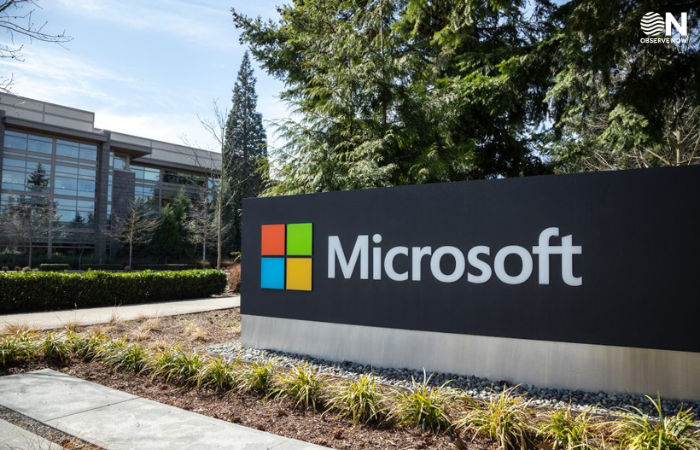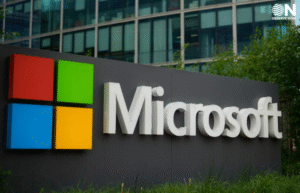Microsoft Pauses $1 Billion Ohio Data Center Project Amid Evolving AI Infrastructure Strategy

Microsoft is pressing pause on several data center construction initiatives, including a $1 billion project in Licking County, Ohio, signaling a recalibration of its infrastructure plans as AI demand moderates. The move marks a notable shift after a period of rapid expansion driven by the generative AI boom.
The tech giant confirmed it has halted early-stage development at two of three sites on rural land it owns outside Columbus, with those parcels now set aside for farmland. “In recent years, demand for our cloud and AI services grew more than we could have ever anticipated,” said Noelle Walsh, President of Microsoft’s Cloud Operations, in a LinkedIn post. “As we learn and grow with our customers, we are slowing or pausing some early-stage projects.”
While Microsoft did not specify the status of other projects beyond Ohio, it previously paused further phases of a major data center in Wisconsin. Analysts have also noted reduced international expansion and the cancellation of U.S. data center leases.
Industry experts point to Microsoft’s evolving relationship with OpenAI as a contributing factor. The companies revised their agreement in January, granting OpenAI more independence to build its own computing infrastructure, primarily for research and model training.
The announcement coincided with former President Donald Trump’s remarks on AI infrastructure, during which he promoted a $500 billion initiative with Oracle and SoftBank — including a flagship data center in Texas. Trump also referenced the energy-intensive nature of AI, using it to justify renewed coal production and support for nuclear power — including a Microsoft-backed proposal to restart Pennsylvania’s Three Mile Island facility.
Despite the Ohio pause, Microsoft says it remains committed to AI growth, with plans to invest over $80 billion globally this fiscal year and a doubling of data center capacity over the past three years. “While we may strategically pace our plans, we will continue to grow strongly and allocate investments that stay aligned with business priorities and customer demand,” Walsh said.
Local officials in Licking County expressed disappointment over the delay, even as the region continues to draw tech investments from companies like Google, Meta, and Intel — the latter having recently postponed completion of its semiconductor plant to 2030.
















